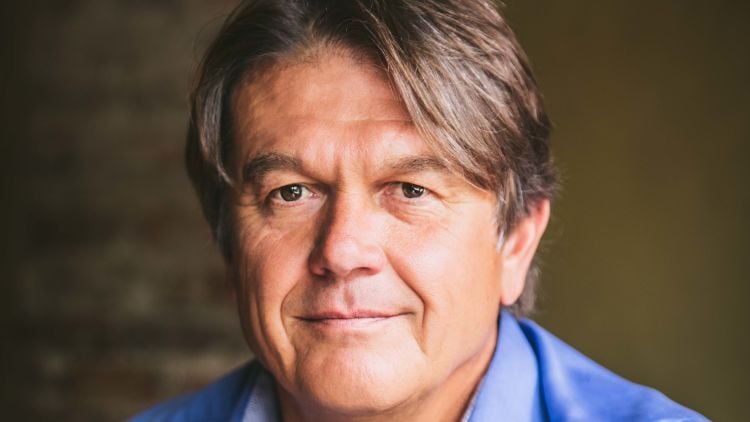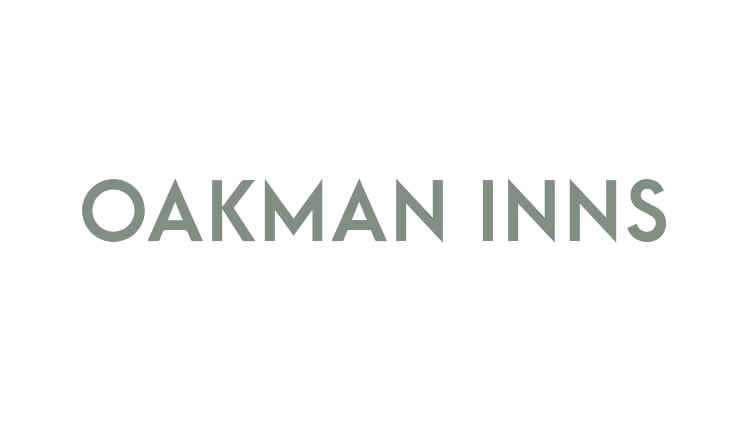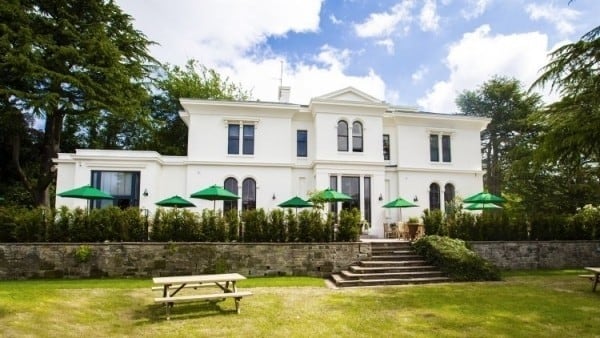This ultimately led to the onset of “financial distress and liquidity issues”, an administrators’ report into Oakman’s collapse reveals.
Founded in 2005, Oakman Inns and Restaurants Limited (OIRL) – or Oakman Inns & Taverns as it was originally known – grew to more than 30 sites over the proceeding two decades, winning praise across the sector for its approach to running premium, often large-scale, country-style pubs.
Borg-Neal was very much the front man for the business and was determined to grow the business and ensure its future success.
From humble beginnings as a cellar boy aged 16 in Reading, he had a 40-year career at all levels of the pub trade, including Allied Domecq and Whitbread, also leading Italian concept Forno Vivo.
Such was his dedication to making Oakman work that after stepping back from the chief executive role to executive chairman in July 2020, he retook the reins in March 2023, when there were signs the business needed to improve its financial position.
Oakman Group – of which OIRL is a subsidiary – is privately owned, with a large and diversified shareholder base of approximately 1,100 individuals, including high-net-worth investors, management and retail shareholders, according to a report published by administrators PwC.
Financial metrics
Historically it has relied on successive fundraising rounds and shareholder loans to support its growth and its capex programme, which, prior to the onset of the pandemic had been successfully executed, with sites “generating strong weekly takings and robust financial metrics”.
However, in order to facilitate this strategy, the group incurred debt on both a secured and unsecured basis.
With Oakman’s financial position significantly weakened following multiple lockdowns and trading restrictions, OIRL, in particular, was required to incur additional short-term borrowings during this period, the report noted.
“The group’s funding structure is inherently complex, with a substantial proportion of the debt either held within or guaranteed by OIRL.
“Over time, the group has supported its trading activities, site expansion and capital investment through a combination of secured debt and unsecured debt, including bond issuances and shareholder loans raised at various stages being relied upon.
“While this approach enabled growth, it also created a complex debt profile with high interest costs and left limited headroom to absorb trading shocks and restricted the capacity for the group to generate sustainable profits, ultimately leading to the onset of financial distress and liquidity issues for the companies and wider group.”
Although trading had resumed to normal levels post-pandemic, the impact of sector-wide pressures, such as inflation and rising utilities costs, “placed sustained pressure on cash flow and ultimately led to a deterioration in the group’s financial position”.

Oakman went on to appoint Sapient Corporate Finance at the end of 2023 to provide liquidity to shareholders of the group during 2024, with the business stating in February of that year that it had made “significant progress” on cost reduction and profit delivery.
In November 2023, the business launched a new £10m loan note secured against its property portfolio, to support the development of new sites and refinance £5m of third-party debt.
It also consolidated its corporate structure, which Borg-Neal admitted had become “unnecessarily complicated” since its inception.
Following a strategic review process last year, the group sold two of its high value pubs to McMullen’s – and later a third in January 2025 – which enabled the group to repay debt which was maturing in January.
While this may have given the business breathing space, its issues were still looming, with the group again appointing advisors – this time at PwC – in February this year to review options for the business, which included a potential restructure. It was then mandated to conduct an accelerated sales process for the group on 19 March 2025.
Just one month later, Borg-Neal announced he had stepped away from the business due to ill health, with chairman John Leslie stepping in to lead the pub and restaurant company. Borg-Neal is fighting a rare form of cancer, called Angioimmunoblastic T-cell Lymphoma.
During the marketing phase, 68 parties were approached, and 11 offers were received, but the offers primarily attributed value to the freehold sites held in the Oakman Inns (P&E) Limited arm of the business, with no offers for the wider company received.
The process resulted in the sale of 10 of Oakman’s freehold pubs to The Restaurant Group (TRG), in May, leaving it with an estate of 20 locations, including one site operated as a managed contract, at the time OIRL ultimately went into administration last month.
The proceeds from the sale to TRG enabled the repayment of around £41m of secured debt, comprising circa £30m owed to Cynergy Bank Limited, a debt owed by OIPE but guaranteed by the company, and circa £11m in secured loan notes owed by the company, which were settled in full, the report read.
Sales process
Despite this, the company remained indebted with unsecured bonds and loan notes greater than the value of the assets of the business.
Therefore, a further accelerated merger and acquisition process commenced on 19 May 2025, for the remaining parts of the business, with seven offers received – each for different proportions of the OIRL and Oakman Dev Limited (ODL) business and assets, PwC disclosed.
“Of the seven offers, two of them were for the majority of the sites and the rest of the offers were for smaller groups of sites or a single site. There were no offers for the whole business,” the report read.
The board of the company also explored a potential consensual debt restructuring, which included proposed new equity investment from bondholders, shareholders and holders of unsecured term loan debt. But despite discussions being held, additional funding via this mechanism could not be secured, PwC said.
This ultimately led to the commencement of an accelerated sale process for the remaining business and assets, and the appointment of administrators, on 21 July 2025, with the pre-packaged sale of 14 sites to Upham Pub Company completed immediately following PwC’s appointment; with 522 employees transferred under TUPE.
Upham acquired the package of 14 sites, including one freehold (The Three Locks in Stoke Hammond), for a total consideration of £8.1m.
While this is markedly less than the valuation of £14.65m given by CBRE in April, PwC said it was satisfied its marketing process had achieved “the best possible outcome in the circumstances”.
The six sites that PwC was unable to find a buyer for during the pre-administration process were closed immediately, and the administrator is in the process of offering to surrender the leases to the landlords and return the keys.
While the group’s complex funding structure played a part in its ultimate demise, the eventual unravelling of Oakman is part of a growing series of examples of good underlying businesses being irreparably damaged by mounting cost pressures and the legacy of Covid debts.
- This story was originally published in The Morning Advertiser’s sister publication MCA here.




